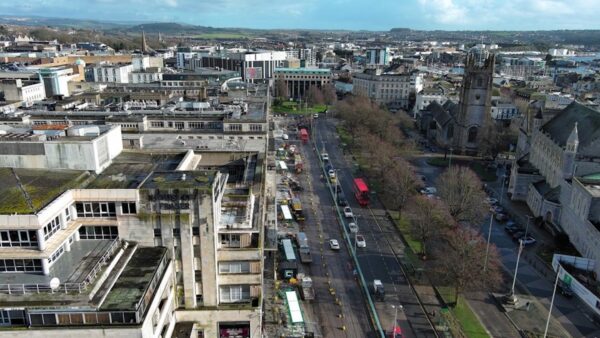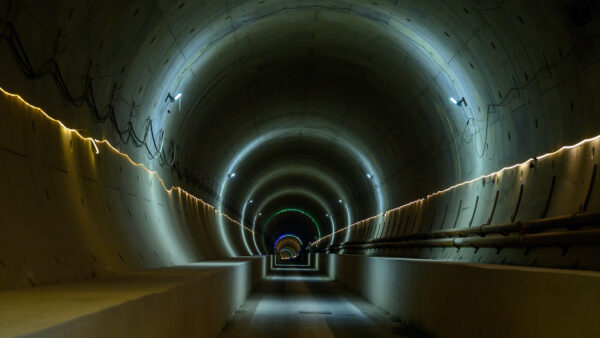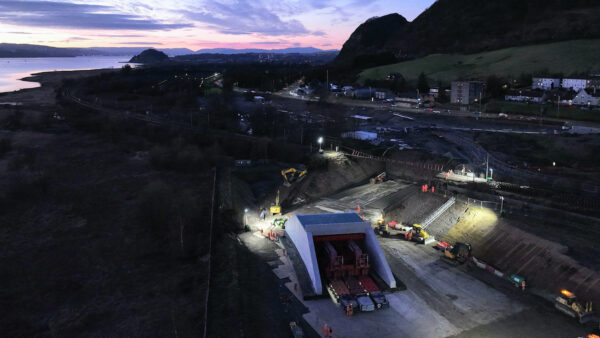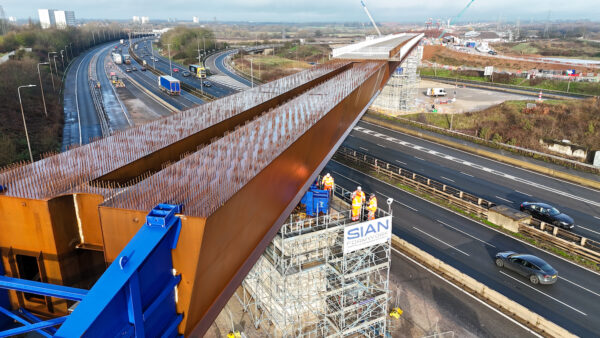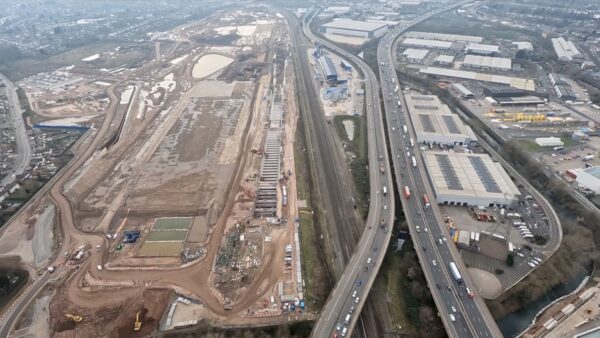Researchers are developing tiny robots – called Pipebots – capable of walking and swimming through buried pipes to locate and diagnose faults.
The Pipebots are the brainchild of a team from the universities of Birmingham, Bristol, Leeds and Sheffield.
Utility companies, industry bodies and the Engineering and Physical Sciences Research Council are also backing the project.
The Pipebots, which are just 20mm wide, feature on-board sensors and cameras. They can locate, diagnose and scan potential faults. They then relay the data wirelessly to a human engineer on the surface. This allows utility companies to deploy a repair team only when and exactly where it’s needed.
The project’s aim is to address the UK’s ageing buried pipe infrastructure safely and cost-effectively. According to the Pipebot team, the replacement value of UK buried water and wastewater pipes, a network approximately 1m km long, is between £300bn and £600bn. The gas supply network generates a similar cost.
“While pipe inspection technologies used by these industries have progressed, the lack of comprehensive knowledge about the condition of buried pipes results in sporadic, unforeseen failures,” the team said.
“As a result, there are 1.5m road excavations per year in the UK, causing full or partial road closures and a cost to the UK of at least £5.5bn per year. Without the transformative step-change in pervasive sensing proposed here [the Pipebots], this situation will worsen exponentially as our infrastructure ages.”


